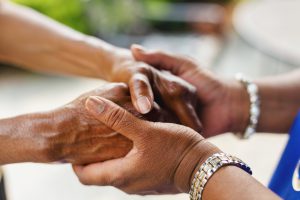A recent study explores the complex experiences of sexual agency among LGBTQ+ young adults experiencing homelessness in New York City. The research, conducted by CUNY SPH Associate Professor Spring Cooper and colleagues, involved in-depth interviews with 31 LGBTQ+ individuals aged 18–24, revealing nuanced insights into their sexual health, communication, and relationship dynamics.
Dr. Cooper and team found that, while communication about sexuality and sexual health is high among participants, this does not always translate into the practical enactment of sexual agency. Many young adults reported being comfortable discussing topics such as HIV/STI prevention and reproductive health, but that they faced barriers in practicing consent and agency during sexual encounters, often due to a lack of safe spaces and the constraints of unstable housing.
The study also found that LGBTQ+ youth experiencing homelessness seek stability in their relationships as a way to counterbalance the instability in their housing situations. Strong interpersonal networks and longer-term romantic relationships were common coping mechanisms. However, adversity fostered a sense of self-sufficiency and prioritization of personal needs, sometimes at the expense of broader social connections.
Demographically, the majority of participants identified as transgender or nonbinary and most were people of color. Over two-thirds were living in shelters, and a significant portion had not completed high school.
“It’s essential to understand sexual agency in this vulnerable population to inform interventions that promote sexual health and prevent HIV, STIs, and sexual violence,” says Cooper.
The authors call for targeted support and resources to address the unique needs of LGBTQ+ young adults facing homelessness.




